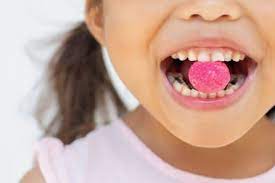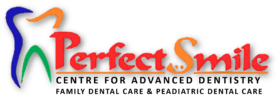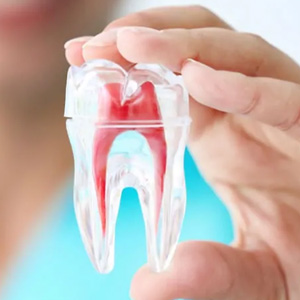
How to overcome Dental Problems
Our Dent’s provide multiple functions. There is so much more to teeth than just helping us chew our food, despite what some people may believe. As our jaws expand and grow, baby teeth serve as a temporary replacement for our adult teeth and assist us in speaking and smiling.
Since teeth don’t grow like hair or nails, they cannot be changed once they have fully developed. 32 adult teeth are simply too large for a child’s jaw. We require two sets of teeth in order to accommodate the gradual change in the size of our jaws without impairing our capacity to use them.
You must develop healthy dental practises from an early age since both sets of teeth are crucial.
How can I tell if my child’s teeth are decaying?
It’s vital to schedule routine checkups for your infant since sometimes you won’t notice extremely obvious indicators of tooth decay until it’s too late. The following are some outward indications of tooth decay that demand a prompt trip to the dentist:
White spots start to appear along the gum line on the teeth.
dental discolouration that is brown or black
a toothache that surrounds the tooth
Intolerance to specific meals, including sweets and hot or cold beverages
In general, it’s essential to have your child’s teeth checked by a specialist if you see any anomalies so that any further harm can be avoided.
How do adult teeth get affected by baby tooth decay?
A mouth with a lot of cavities and decay has a lot of bacteria in it. By the time the young permanent teeth begin to erupt by the age of six, the pre-existing bacteria has invaded them, causing cavities.
Baby teeth can develop decay that can travel further into the root canals and through them into the bone below if left untreated. Depending on the child’s age and the stage of development of the erupting permanent tooth, the body’s reaction to this may result in an acidic environment around the developing permanent tooth.
There’s a chance that the adult tooth will develop a permanent tint, develop decay, or show signs of deformity or discolouration.
How can I help my child avoid tooth decay?
Establish Healthy Routines
It is critical to begin brushing your child’s teeth as soon as they appear. Brush your child’s teeth, tongue, and gums with a soft bristle toothbrush twice a day.
If your child is old enough to brush their own teeth, make sure they are doing it correctly. After the age of two, you can begin incorporating flossing into your child’s dental routine.
Avoid sugary drinks before going to bed.
If your child uses a bottle at bedtime, only fill it with water. Sugars in juice or formula can cause tooth decay. Have you ever heard of bottle rot? If at all possible, avoid allowing those sugars to sit on your child’s gums.





